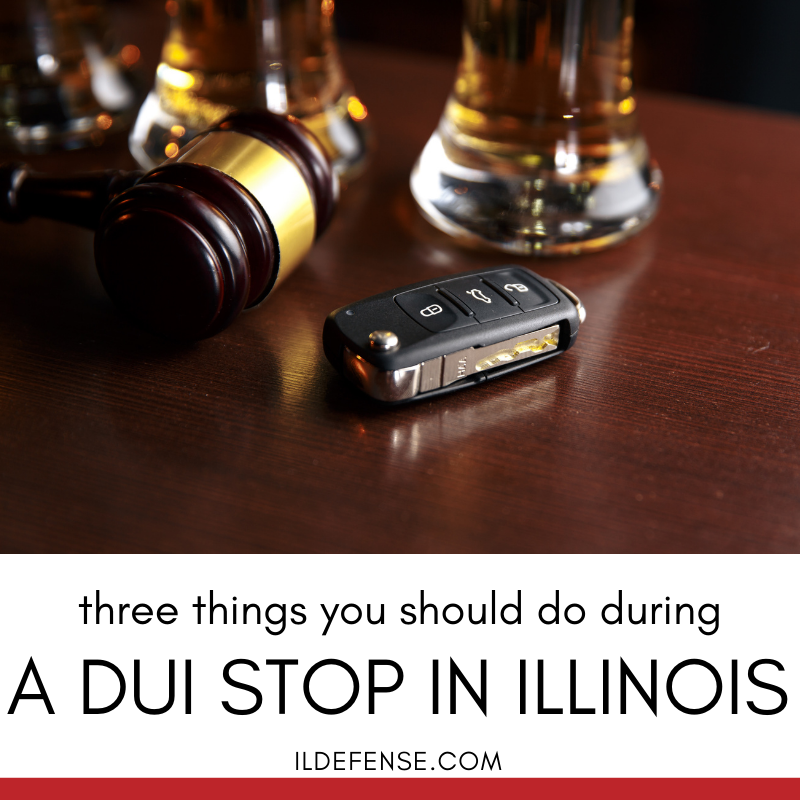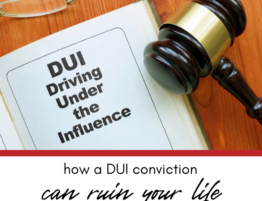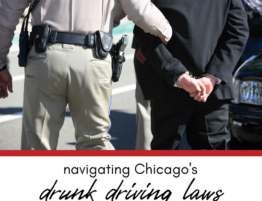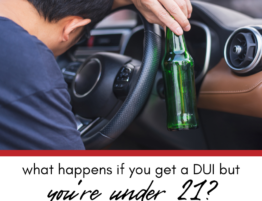
If you’re pulled over for a DUI in Illinois, it’s important to keep a clear head and know what to do. Here are three things you should always remember.
3 Things You Should Do if You’re Pulled Over for DUI in Illinois
Check out the three things you should do if you’re pulled over for DUI anywhere in Illinois:
- Stay calm.
- Cooperate, but don’t explain your situation.
- Let the police know you want to speak to an attorney.
Here’s a closer look at each.
#1. Stay Calm
If you’re stopped for DUI, the first thing you should do is stay calm. This can be difficult, especially if you know you’re going to be accused of drunk driving. But it’s important to remain calm and polite with the police officer. Getting angry or argumentative will only make the situation worse.
Above all, never give the police a reason to believe you’re being combative. If the police believe you’re being combative – that is, you want to physically fight them – they won’t waste any time putting you on the ground and handcuffing you. Then, they’ll toss you in the back of the police car as they determine what to do next (which will most likely be to take you to jail).
Related: First-offense DUI in Illinois
#2. Cooperate, but Don’t Explain Your Situation
The next thing you should do if you’re pulled over for DUI is to cooperate with the police officer – but remember, anything you say can be used against you in court. Don’t try to explain your situation by saying, “It’s been a few hours, but I had several shots at the bar” or “I was only drinking because my spouse is out of town for the weekend.”
Related: What happens if you refuse a breath test on the side of the road?
#3. Let the Police Officer Know You Want to Speak to an Attorney
Finally, you should always let the police officer know that you want to speak to an attorney. If you’re being arrested for DUI (or any other reason), you have the right to remain silent and the right to an attorney. You should exercise both of these rights.
When you tell the police officer that you want to speak to an attorney, he or she will most likely stop questioning you. If you haven’t been read your Miranda rights, the police officer will do so at this time. Then, you can choose to answer questions or not – but it’s always best to err on the side of caution and remain silent until you have an attorney present.
Related: Can you plead “not guilty” to DUI in Illinois?
Do You Need to Talk to an Attorney?
If you’ve been accused of a crime, we may be able to help you – and don’t worry: It’s completely confidential. Call us at 847-920-4540 or fill out the form below to schedule your free, private consultation with an experienced and skilled Chicago criminal defense attorney now.
Contact Us
"*" indicates required fields









